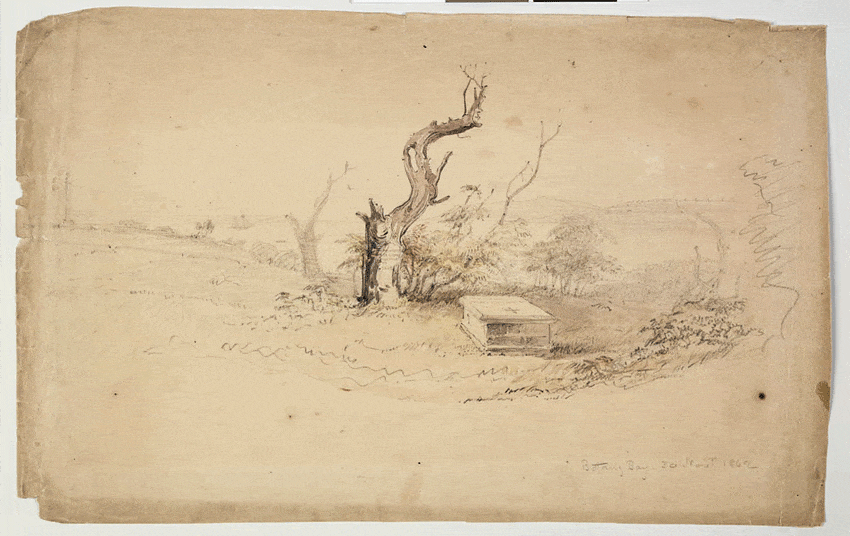
The first Mass recorded in Australian history is the public one celebrated on 22 May 22 1803 by the convict priest Fr James Dixon, with the permission of Governor Philip Gidley King.
But the question of when the first Mass was celebrated on Australian soil, and who celebrated it, is still a tantalising mystery.
James Franklin, the editor of the Journal of the Australian Catholic Historical Society, told The Catholic Weekly that the earliest masses would have been celebrated by French Catholic chaplains Fr Jean André Mongez and Fr Laurent Réceveur in early 1788 – but not on shore.
Both accompanied the scientific La Perouse Expedition which spent six weeks at Botany Bay, remarkably coinciding with the English settlement. And the Mass would probably have been celebrated on board the two frigates La Boussole and L’Astrolabe, not on land.
“It’s somewhat unlikely that they said masses onshore,” Professor Franklin said.
if you want to know the first [Mass] on Australian soil that’s very difficult to prove. – Prof james franklin
“So it depends on what you want: if it’s the first Mass in Australia that probably most certainly was them, but if you want to know the first one on Australian soil that’s very difficult to prove.
“Amazingly, one of the portable altar-stones from the ships survives, which surely is the first relic of Australian Catholicism.”
Dr Damian Gleeson, Australian Religious History Fellow at the State Library of New South Wales, said it was Fr Eris O’Brien (later Bishop O’Brien) who began speculation that Masses were celebrated in 1788 on land.
Sadly, Fr Réceveur died three weeks into the visit and it is thought that prayer at least was offered at his interment ashore. The first commemorative Mass was held at his La Perouse grave site in 1879.
Michael Sternbeck of the Guild of Archbishop Polding writes that “one consideration which mitigates against the suggestion that the chaplains offered Mass on land, would be their caution to safeguard the Sacrament against unpredictable circumstances, such as inclement weather or [possible] attack by the Indigenous”.
“One may ponder the Providence of God that, at the very moment English settlement was being established at Sydney Cove, two ships – filled with French Catholics and two priests – simultaneously arrived. Accordingly, the grave of this young priest – which has been the focus of continuous respect and prayer since 1788 – Australian Catholics will always hold in reverence.
“For this is the place where the public prayer of the Catholic Church began to be offered after European Settlement.”
Dr Gleeson believes “it would have been a significant risk for either of the two French priests to say Mass on land in clear contravention of the British military policy that only recognised the Established Church.
“If Mass was held onshore it was clandestine and it occurred unknown amongst Catholic lay leaders of the 1790s and early 1800s,” he wrote to The Catholic Weekly.
“Gabriel Louis Marie Huon de Kerilleau, a prominent early French settler, and his devout descendants, were similarly unaware.”
If the French priests are ruled out as the first Mass celebrants on land here, the spotlight then falls on the three convict priests Fathers James Dixon, Peter O’Neill and James Harold transported to Sydney after the rebellion in Ireland in 1798.
“They came here and there’s not much record of what they did until the record in 1803 when Fr Dixon was officially allowed by the Governor [Philip Gidley King] to say Mass for the convicts,” Prof Franklin said.
“But being a priest, he would have had to say his own Mass beforehand and most likely people that he knew would have attended but there’s no record of any of that.”
